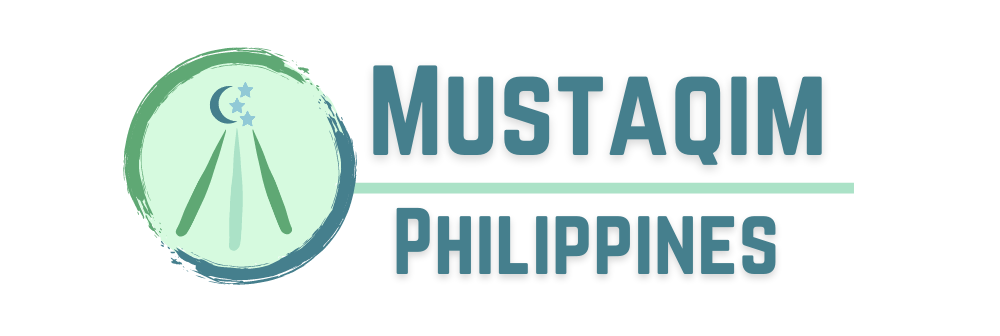In a significant development, religious leaders in the Bangsamoro Autonomous Region in Muslim Mindanao (BARMM) have endorsed the measles vaccine as halal, affirming its religious permissibility. This endorsement not only promotes public health but also addresses misconceptions and hesitations regarding vaccination within the Muslim community.
The endorsement of the measles vaccine as halal by BARMM religious leaders marks a crucial step in promoting public health initiatives. Vaccination plays a vital role in preventing the spread of infectious diseases like measles, protecting individuals, families, and communities from potential outbreaks.
One of the challenges in vaccination campaigns, particularly in Muslim-majority areas, has been addressing misconceptions and concerns about the halal status of vaccines. The endorsement by religious leaders helps dispel these misconceptions, reassuring the community that vaccines, including the measles vaccine, are compliant with Islamic dietary laws.
This move by the Muslim religious leaders carries significant weight within the Muslim community. It provides a clear and authoritative stance on the permissibility of vaccination, encouraging widespread acceptance and participation in vaccination programs.
Said pronouncement is a result of collaboration between health authorities, religious leaders, and community stakeholders. This collaborative effort demonstrates the importance of bridging the gap between healthcare interventions and religious beliefs to ensure comprehensive public health strategies.
With the measles vaccine endorsed as halal, there is an opportunity to boost vaccination uptake among Muslim communities in BARMM and beyond. By addressing religious concerns and promoting accurate information, more individuals can benefit from the protection provided by vaccines, contributing to overall community immunity.
This is a significant milestone in promoting public health and religious acceptance of vaccination. It underscores the importance of collaboration, communication, and education in addressing health challenges and fostering a culture of preventive healthcare within diverse communities.
